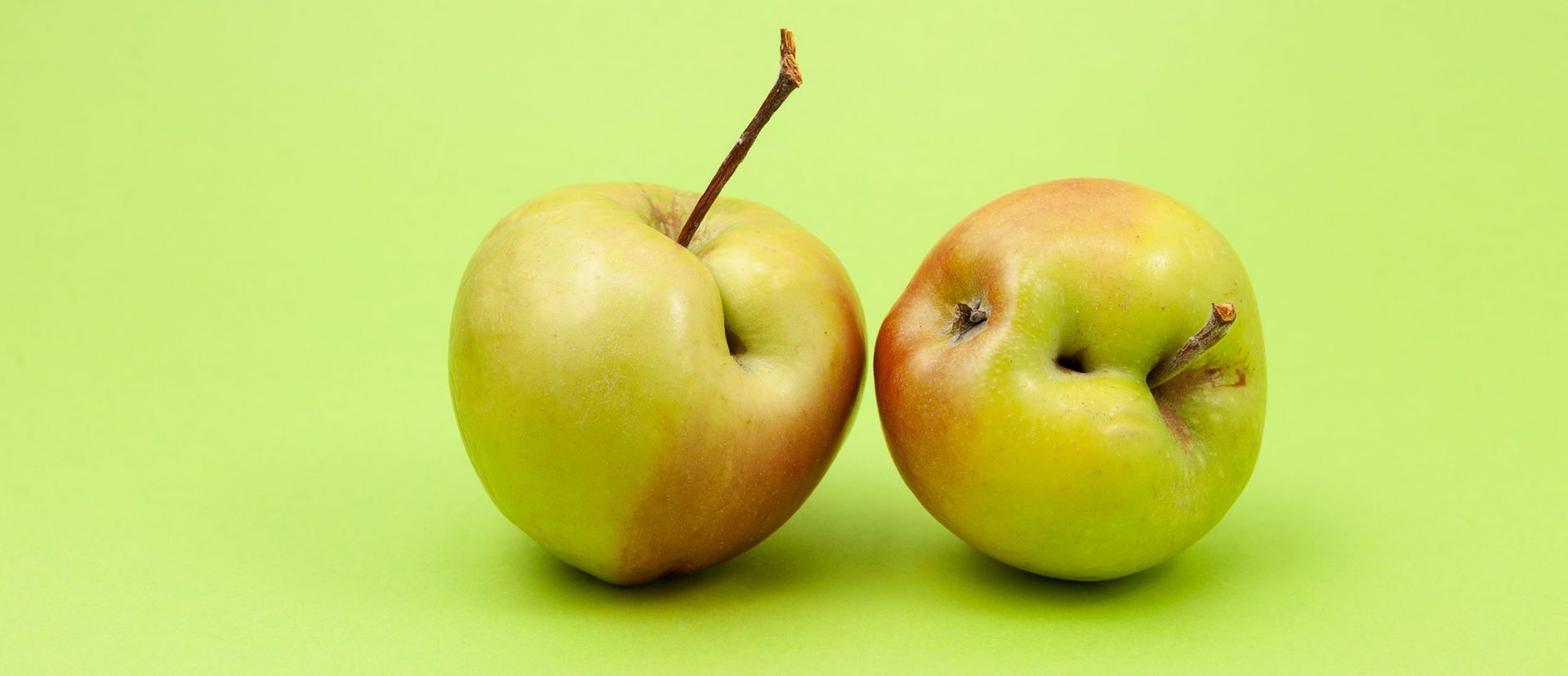Dear Readers,
Sometimes perfection can be the enemy of the good.
Most economists idealize the notion of “perfect competition,” whereby any profit-maximizing producer faces a market price equal to its marginal cost. An exception, however is the work of British economist, Joan Robinson, who noted that sometimes imperfect competition can be more welfare-maximizing than the Platonic ideal.
Indeed, in reality, outside economics textbooks, idealized conditions are rarely reproduced. Nonetheless, the theory underlying “perfect competition” informs much competition law and economics.
Resolving the dilemma surrounding what constitutes perfect competition, acceptable competition and a non-competitive market represents the subliminal undercurrent of enforcement policy.
The pieces in this CPI Chronicle address this dilemma from various angles, taking into account enforcement and practice experience from the jurisdictions in which the authors have worked.
They represent a valuable contribution to this discussion, which will be perennial for as long as antitrust rules are enforced.
As always, many thanks to our great panel of authors.
Sincerely,
CPI Team
...THIS ARTICLE IS NOT AVAILABLE FOR IP ADDRESS 216.73.216.116
Please verify email or join us
to access premium content!

